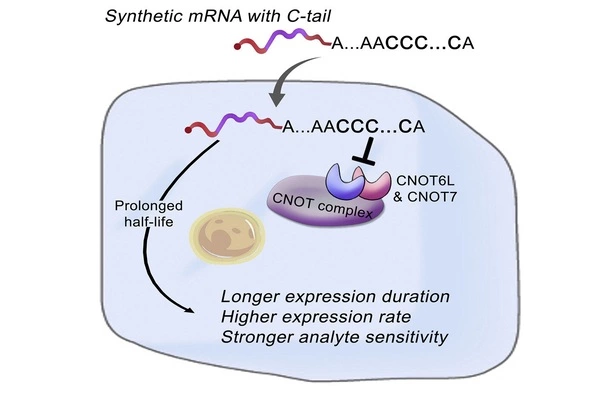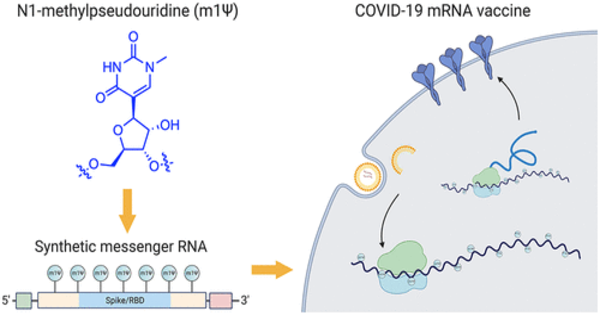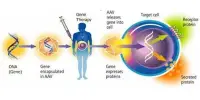mRNA vaccines combine desirable immunological properties with an excellent safety profile and the unmet flexibility of genetic vaccines. Based on in situ protein expression, mRNA vaccines can elicit a balanced immune response that includes both cellular and humoral immunity while not being restricted by MHC haplotype.
A team of synthetic biologists at the Hong Kong University of Science and Technology (HKUST) recently discovered a way to increase the efficiency of synthetic mRNA protein production by up to tenfold. This means that the effectiveness of mRNA vaccines and drugs, such as those used to treat cancer, Covid-19, or other genetic diseases, will be greatly increased with even less mRNA dosage.
Because mRNAs can be synthesized to instruct our cells to produce any type of protein, such as antigens, enzymes, and hormones, which are essential in fighting infections and regulating bodily functions, mRNA is arguably a preferred option for vaccines and disease treatment.
However, high dosages and repeated injections are frequently required for mRNA drugs and vaccines in order to generate a sufficient amount of protein in the body, so increasing mRNA’s effectiveness – for example, by increasing its protein production efficiency – is a hot topic among scientists, as our immune system, for example, could work better with more specific antibodies.
Our team is currently investigating the use of optimized tails for mRNA cancer vaccines on animals in collaboration with Sun Yat-Sen University. We also hope to work with pharmaceutical companies to get this invention into the pipelines of mRNA therapeutics and vaccines, which will benefit society.
Prof. Becki KUANG Yi
Now, a team led by Prof. Becki KUANG Yi, Assistant Professor at the Department of Chemical and Biological Engineering at HKUST, discovered a way to enhance both the life span and efficiency of mRNA. Having engineered different mRNA’s tail sequences, Prof. Kuang’s team eventually discovered optimized sequences that could produce 3 to 10 times as much proteins than unoptimized tail sequences commonly used for synthetic mRNAs on both human cells and on mice. The duration of protein production is also doubled.
This new technology will not only reduce the amount and the number of injections needed for mRNA drugs and vaccines but will also potentially lower the cost of treatments. It can also be used along with other mRNA enhancement technologies to synergically boost protein production.

“Increasing synthetic mRNA protein production is generally beneficial to all mRNA drugs and vaccines,” Prof Kuang said. “Our team is currently investigating the use of optimized tails for mRNA cancer vaccines on animals in collaboration with Sun Yat-Sen University. We also hope to work with pharmaceutical companies to get this invention into the pipelines of mRNA therapeutics and vaccines, which will benefit society.”
The discovery was recently published online in the journal Molecular Therapy — Nucleic Acids.
mRNA drugs and vaccines have received a lot of attention in recent years due to their effectiveness in protecting us against severe conditions of certain communicable diseases like COVID-19 and their high potential in treating chronic diseases like cancer. According to previous research, the global mRNA therapeutics market was valued at USD 39.90 billion last year and is expected to grow further over the next decade.
















